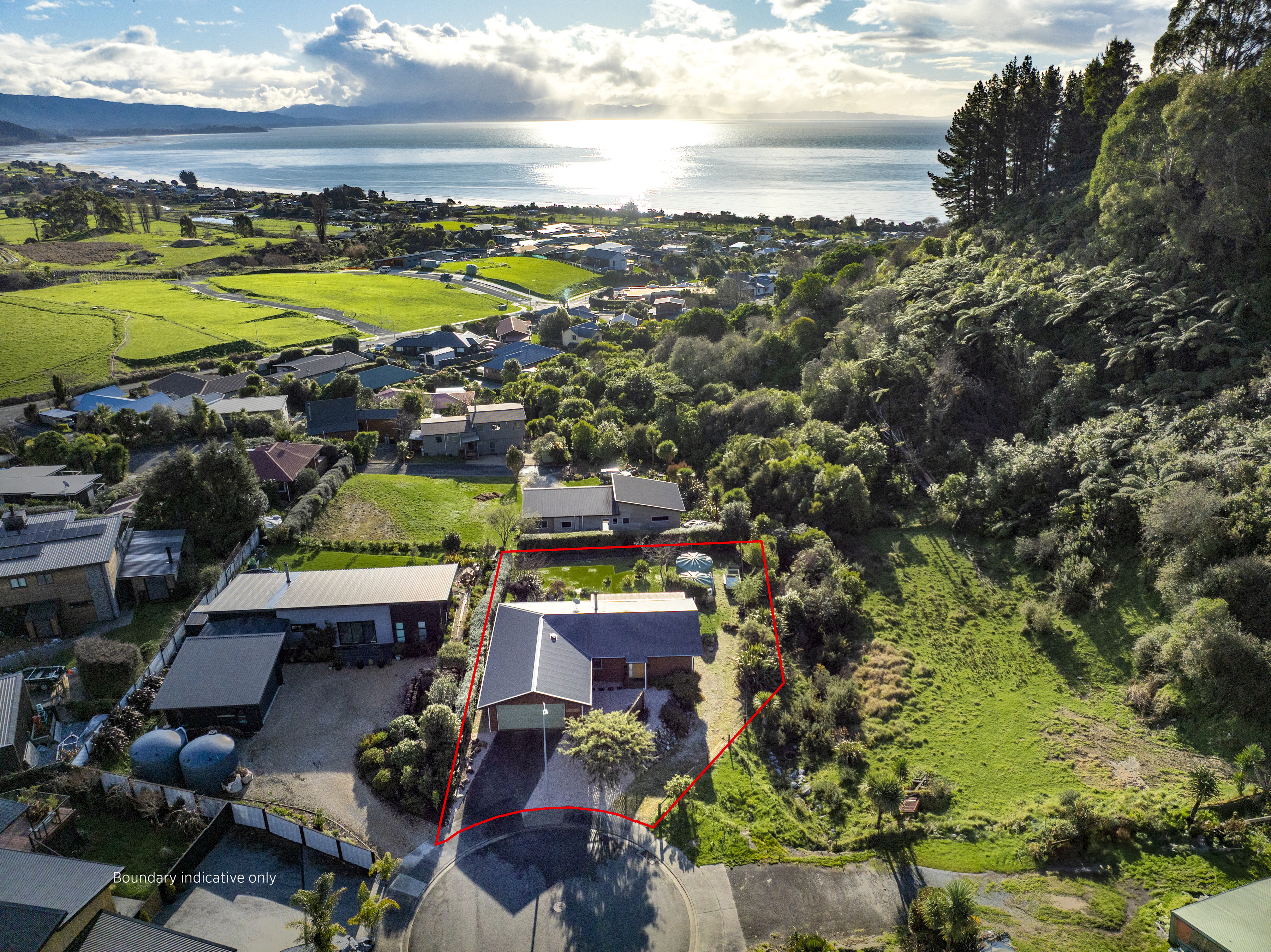In the fight against economic disaster, Australia has just six bullets left. Is it time to fire one?
The Reserve Bank of Australia board meets on Tuesday to decide the future of interest rates and the country's economic wellbeing. It has six interest rate cuts left. But will it cut?
You could hardly imagine a better time to spur the economy by lowering interest rates.
• House price falls are accelerating;
Start your property search
• Construction is expected to slow down, putting some people out of work;
• Economic growth is below expectations;
• Underemployment is high;
• Wages growth is pitiful; and
• Most importantly, inflation is lower than it should be.
Consumer price inflation came out this week and yet again failed to clear the bottom of the target range. Inflation is supposed to be at least two per cent. But it is 1.8 per cent.
Despite the impressive list of reasons to cut interest rates, experts expect the RBA will do nothing on Tuesday. People betting on inaction have a good track record — the Reserve Bank has left interest rates alone for two-and-a-half years.
HOW INTEREST RATES ARE DETERMINED
The Reserve Bank sets interest rates to make the economy grow at the right speed. But it doesn’t target economic growth directly. Instead it targets inflation (the speed at which prices increase).
Experience tells us that if we aim to get inflation between 2-3 per cent a year, the economy grows best.
How does the RBA affect inflation? By raising and lowering interest rates. This is “monetary policy.” When the RBA cuts interest rates, inflation should go up. When it raises interest rates, inflation should go down.
Interest rates affect inflation because of savers and borrowers.
If you make interest rates higher, savers save more, while borrowers borrow less. Both of which cause less money to be spent in the economy. When less money is being spent in the economy, businesses tend to lower prices.
That is how raising interest rates causes lower inflation. It works in reverse for interest rate cuts.
WHAT’S THE PROBLEM?
The biggest problem now is that inflation is below the sweet spot. It is not in that 2-3 per cent range, as the graph below shows, it hasn’t been for some time. Not coincidentally, wages growth is weak and unemployment has been improving only slowly.
Normally the answer would be obvious — cut interest rates. Just cut them! But the interest rate has got so low that the Reserve Bank is nervous about cutting it.
Interest rate cuts are normally 0.25 per cent. Australia’s official interest rate is 1.5 per cent. The RBA can cut six more times before the interest rate hits zero.
It’s natural that if you only have six bullets left you get nervous about shooting them. The RBA is hoarding its ammo. But it can’t afford to leave things too late.
If we are overrun by a recession and it still has interest rate cuts left, it will have failed. Much better to keep the enemy at bay than let it across the threshold before you react.
HOUSE PRICES
For most of the last two years, the RBA has been reluctant to cut rates for fear of boosting house prices to even crazier levels. But at this point does the excuse make any sense?
House prices seem to be in such a steep decline that it is hard to imagine a cut of 0.25 percentage points — or even 0.5 percentage points — reversing it. More likely it would just cause falls to be a bit slower and more orderly.
THE SAVIOUR
If there’s one decent excuse for waiting to cut rates it could be the upcoming federal election. We will go to the polls in May. That’s just three-and-a-half months away. The election is likely to create expensive promises on both sides as Bill Shorten and Scott Morrison vie for our affection. If Mr Shorten agrees to hold off on changes to negative gearing until house prices have settled, that might also justify the RBA’s inaction
All those promises might just be enough to spark the economy into a bit more life and bring back a touch more inflation.
If that’s the case, the RBA could get a reprieve. But if after the election nothing has changed, the RBA better be ready to use up some ammo. For all of our sakes.
- news.com.au












































































